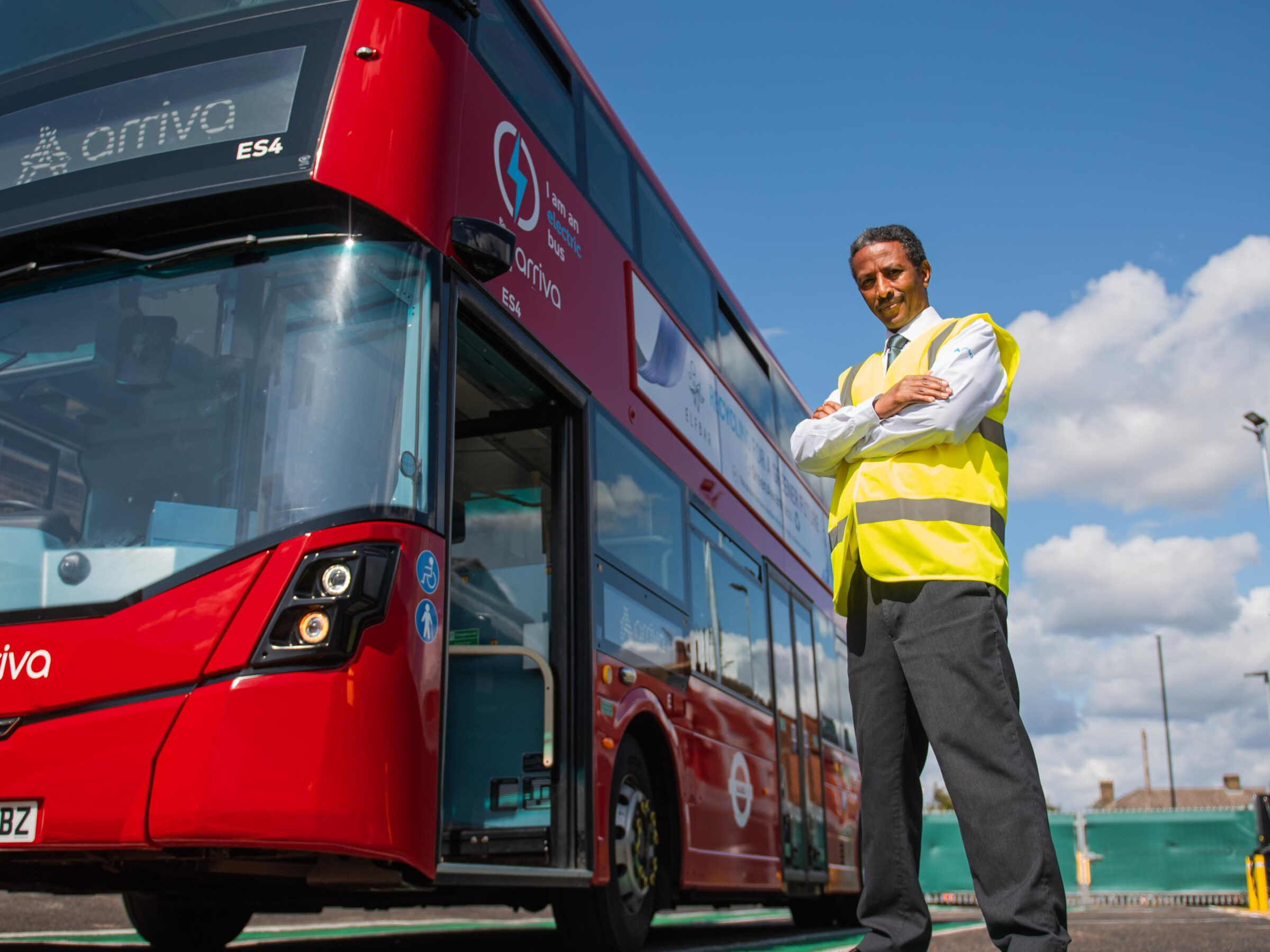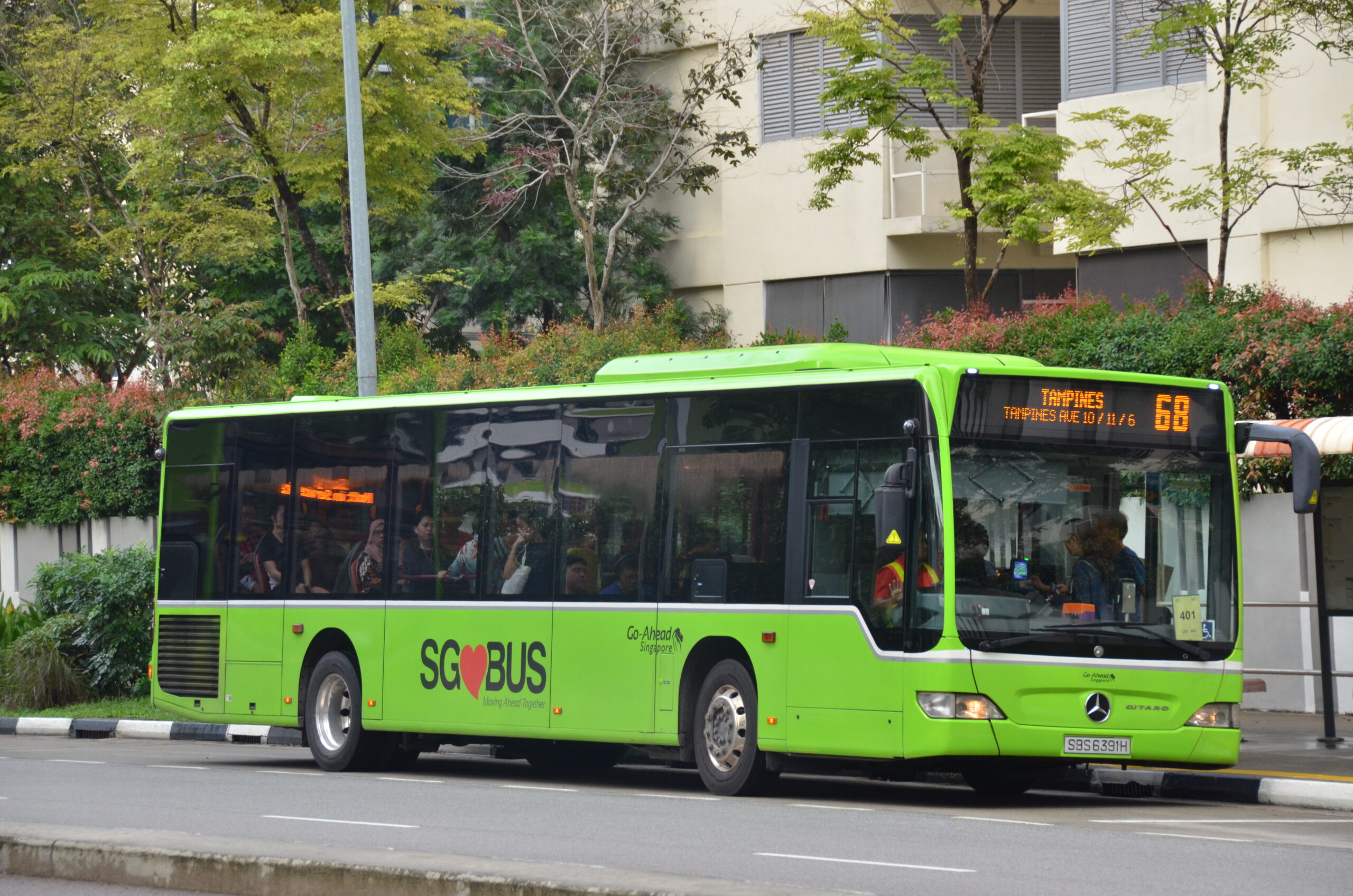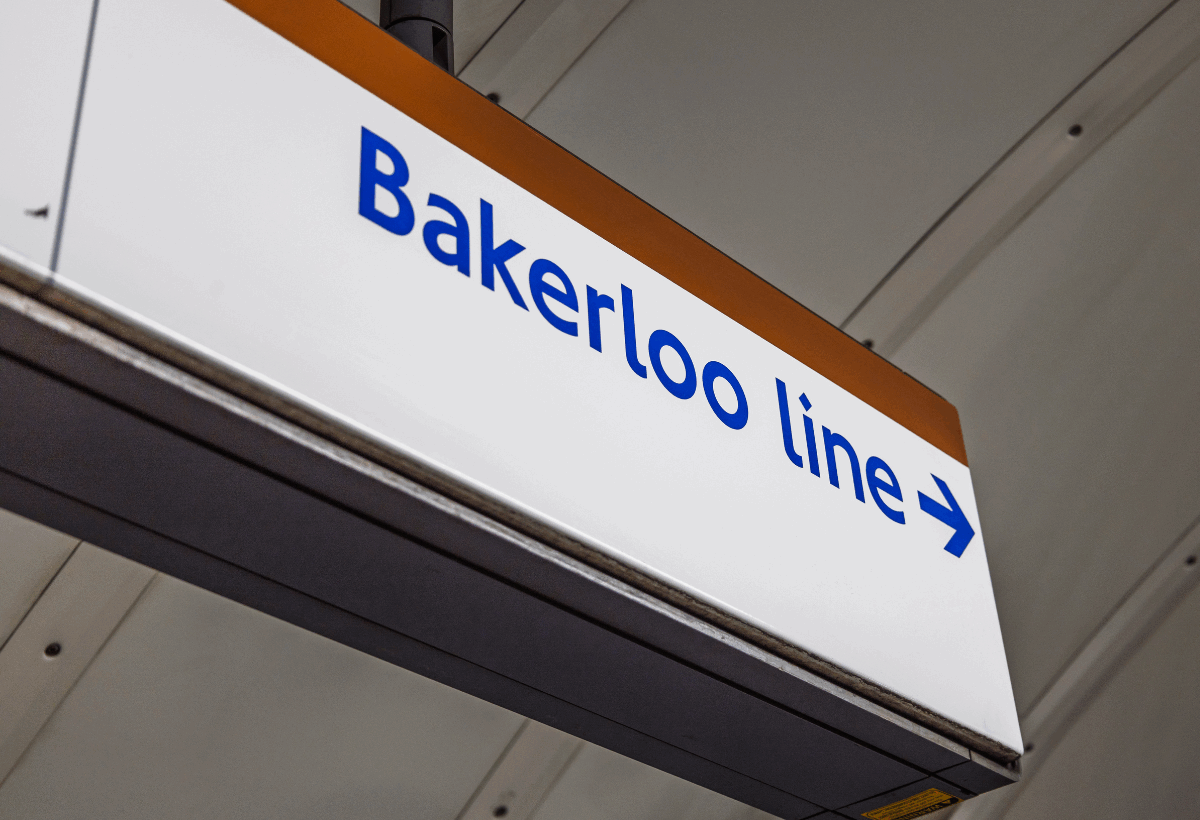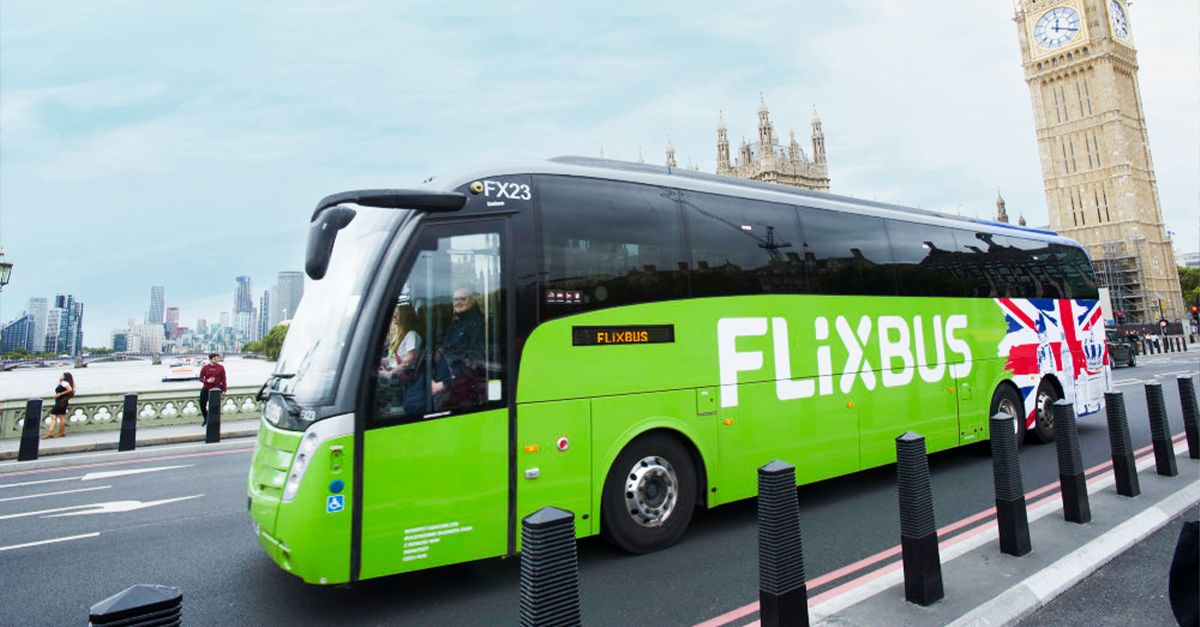Alexander Dennis has entered a consultation on a new strategy for its UK manufacturing operations, with any resulting decisions set to influence the business during changing market dynamics.
The consultation, which has come about following the completion of a detailed business review, will see the company assess the feasibility of consolidating its UK bus body manufacturing operations into a single site in Scarborough, resulting in the closure of its Scottish manufacturing site in Falkirk, as well as the ceasing of production lines at Larbert.

Alexander Dennis’ Scottish site has seen a reduction in manufacturing operations in recent years, and the company has stated that the consolidation of production would see a lowering of overall costs, a delivery of clearer responsibilities and increased efficiency.
If closed, the site would render 400 employees redundant, 22% of the company’s total workforce and 4% of parent company NFI’s global workforce.
Alexander Dennis has also stated it will be making changes to both the structure and management of key customer support teams within the company in order to obtain a clear focus on quality and reliability, delivery to targets and overall communications.
Paul Davies, Alexander Dennis President & Managing Director, said:We are proposing a new UK manufacturing strategy to underpin financial sustainability and lower operating costs in the face of changing and challenging market dynamics.
Together with our parent NFI Group, we are extremely proud of our UK history and legacy dating back to 1895 and firmly believe in our people, products and business. We must take significant action to drive efficiency to allow our operating model to be competitive. It is extremely regrettable that as part of this, we must place jobs at potential risk of redundancy and propose to cease manufacturing operations at some of our facilities.
While stakeholders have been sympathetic of the situation, the stark reality is that current UK policy does not allow for the incentivisation or reward of local content, job retention and creation, nor does it encourage any domestic economic benefit. We have warned of the competitive imbalance for some time and would like to see policy and legislative changes that incentivise the delivery of local benefit where taxpayer money is invested. We strongly believe funding that supports public transport should lead to investment in local jobs, domestic supply chains, technology creation and a recurrent tax base.
It is our hope that the forthcoming industrial strategy will provide reassurance that there is value in manufacturing within the borders of the UK and we remain hopeful of policy and legislative changes that increase the UK’s focus on support for domestic manufacturing. Our new strategy would allow us to respond appropriately to increase local production if structural changes are made.



















